Issue:
June 2024
The FCC honors journalists in Gaza, Asia and Japan in its annual Freedom of the Press Awards
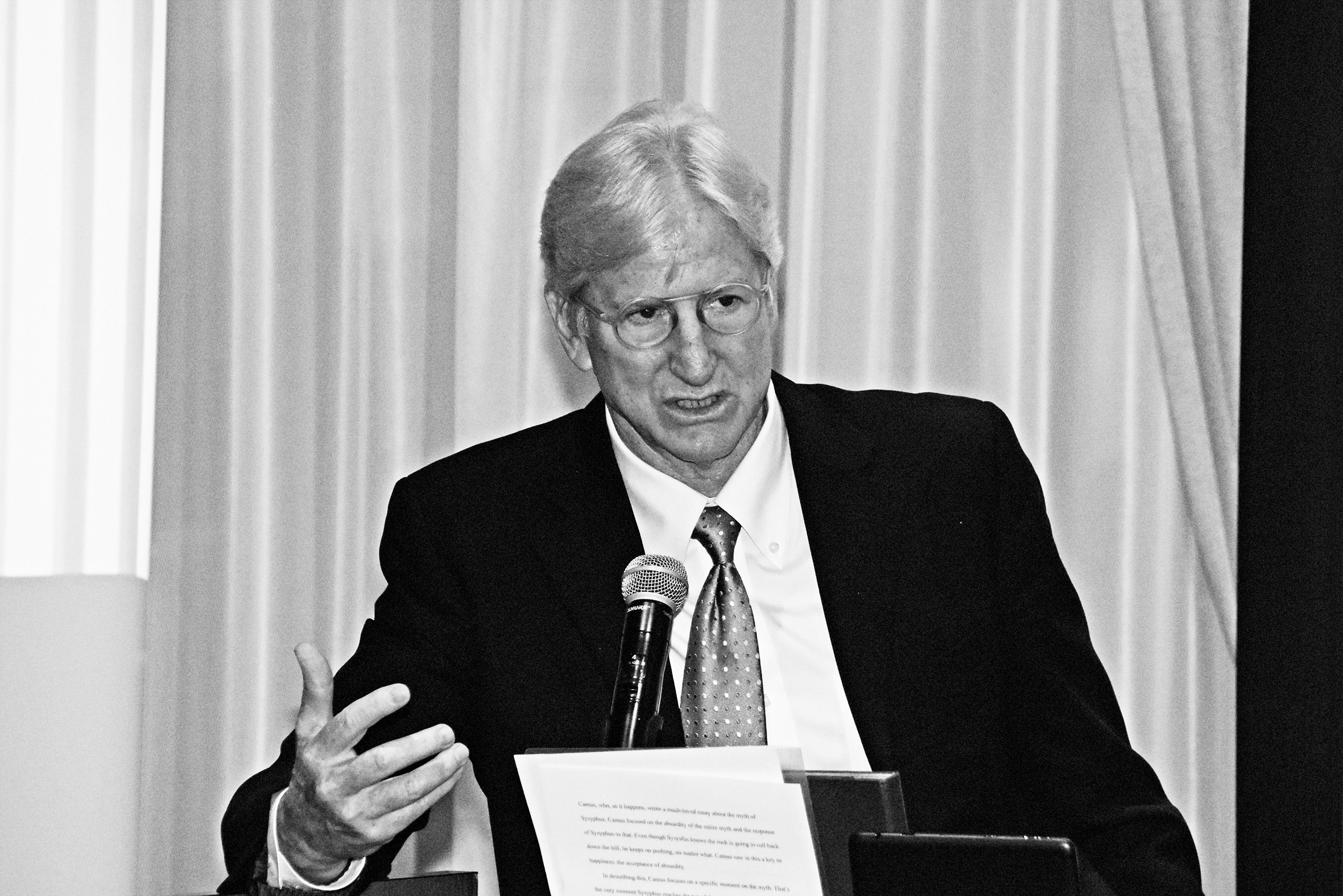
FCCJ honored journalists in Gaza, the Philippines, and Japan for their professionalism and courage at an emotional Freedom of the Press Awards ceremony on May 24.
Around 50 members and guests gathered to pay tribute to journalists in Asia and the Middle East whose work over the past year demonstrated journalistic ideals and the absolute necessity of fact-based journalism at a time when press freedom is under relentless attack.
Those assaults can be direct, as in the case of reporters working in war zones and in countries with oppressive governments, or indirect in countries where pressure to conform drowns out voices opposed to the status quo.
“There's a lot of propaganda out there. There's a lot of people that will tell you you're crazy for sticking to the facts and believing in facts, but it's not crazy at all. And that's why freedom of the press is so important,” FCCJ President Dave McCombs said in his opening remarks.
Freedom of Press Committee Co-chair David McNeill noted that the number of journalists jailed for doing their job reached 320 last year, according to the Committee to Protect Journalists. Of the 99 journalists killed, more than three quarters were covering the Israel-Hamas war. China, the world’s largest jailer of journalists, as well as Myanmar and the Philippines, also ranked as dangerous places for journalists.
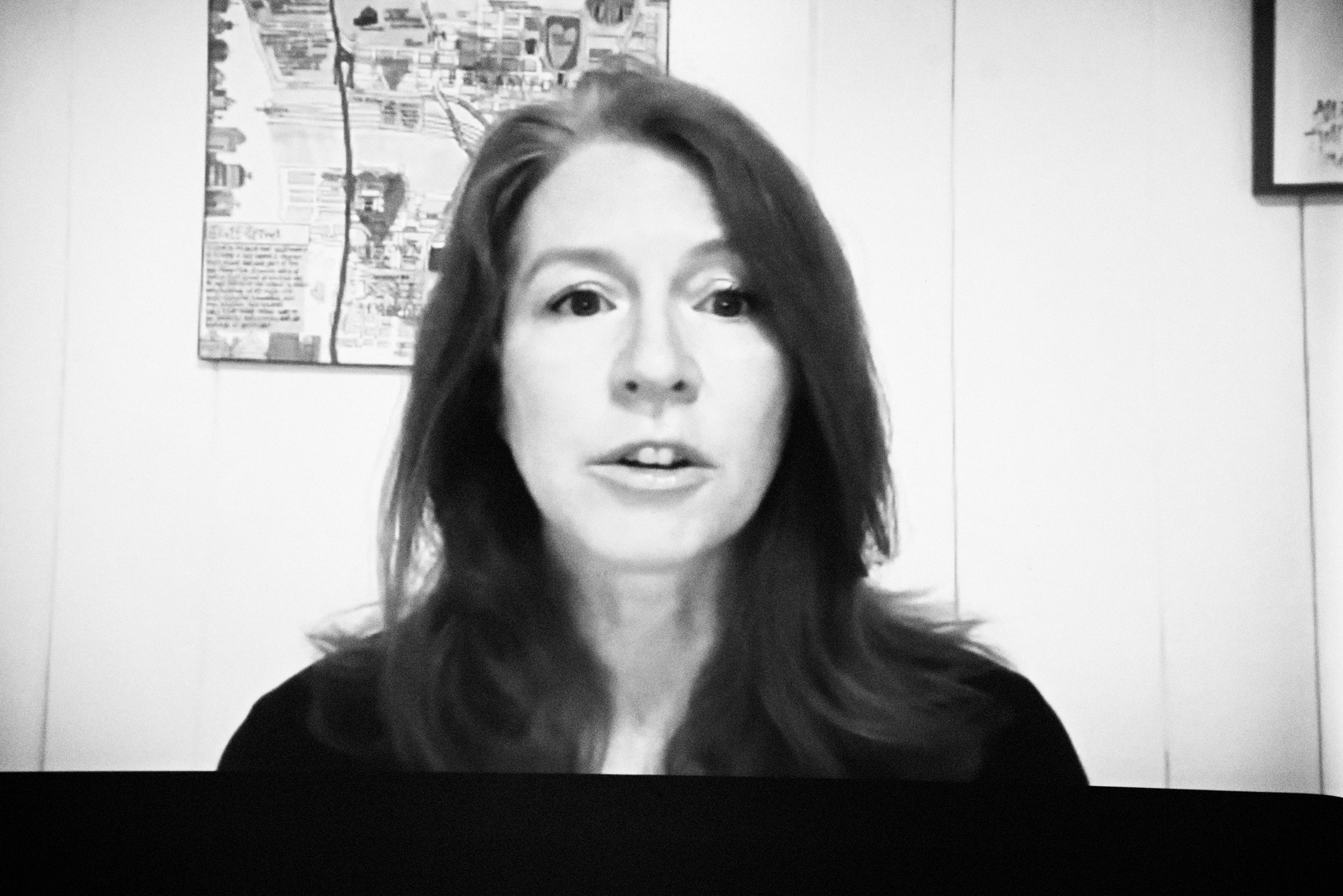
“The loss of any colleague, no matter where they are in the world, is a loss for our entire profession. The loss of so many of our colleagues in such a short space of time is nothing short of a tragedy, “said Jodie Ginsberg, chief executive officer of the Committee to Protect Journalists [CPJ], who delivered the keynote address via Zoom.
Journalists in Japan, of course, do not face physical dangers of the kind encountered in war zones. Instead, they must navigate political and social pressures that in some cases lead to self-censorship and senior media executives discouraging the pursuit of stories that could upset the establishment – the Johnny Kitagawa sexual abuse scandal being a good example.
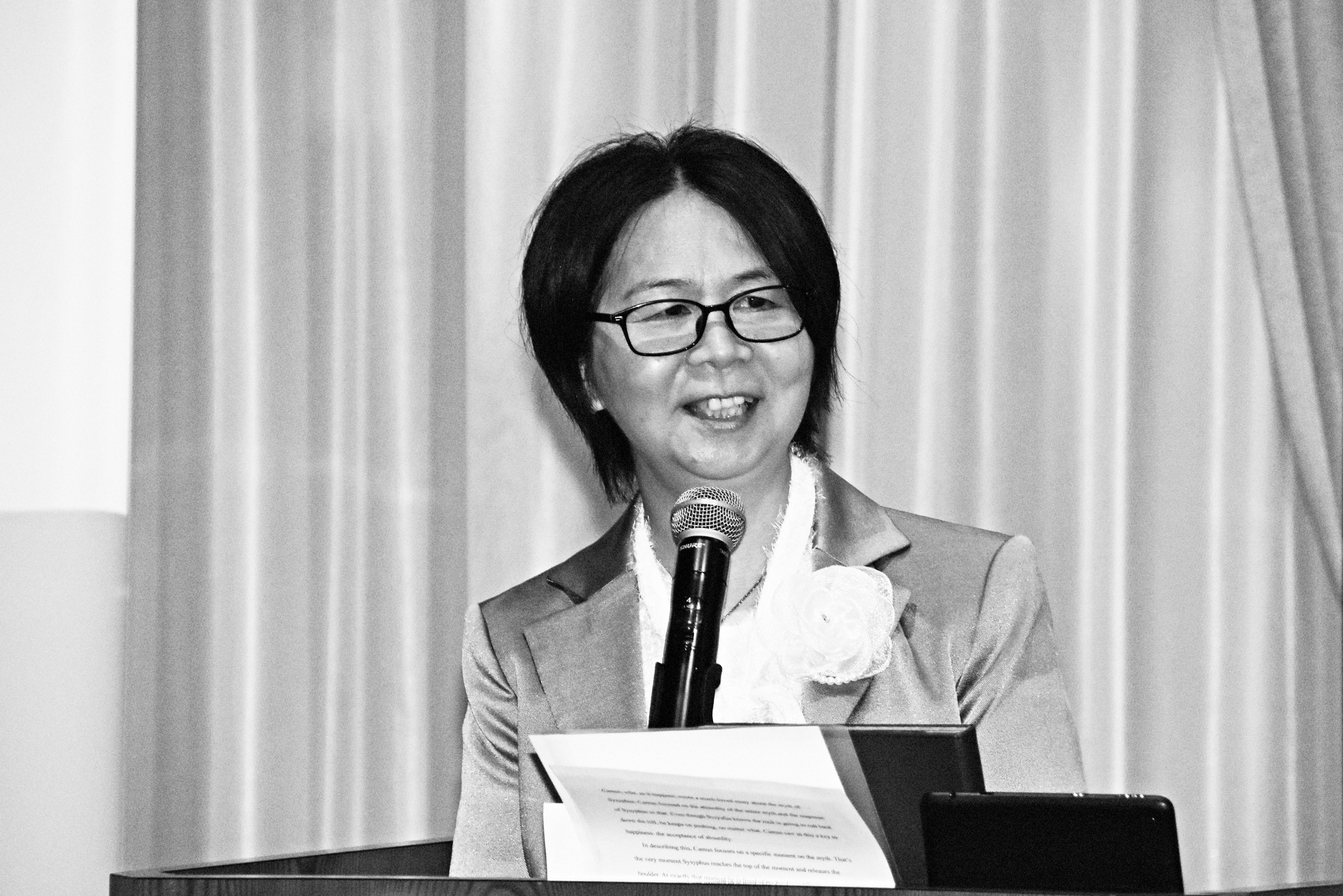
This year’s Japan Honorable Mention Award winner, freelance journalist Hiroko Aihara, was honored for her coverage of the New Year’s Day earthquake on the Noto Peninsula and the ordeals survivors continue to face today, even as many media outlets move on to other subjects.
Aihara, who is based in Fukushima, has covered natural disasters in the U.S. as well as the tsunami, earthquake and nuclear meltdowns in Tohoku in March 2011.
“The Noto survivors taught me the value of life, the importance of disaster prevention, and about solidarity,” Aihara said. “We are all on board that same boat, battling a form of dystopia. In Palestine, the Palestinian people in Gaza are fighting … and dying. In Japan, the people of Fukushima are also fighting against the nuclear accident and suffering from disease. And people all over the world are suffering amidst various forms of violence.”
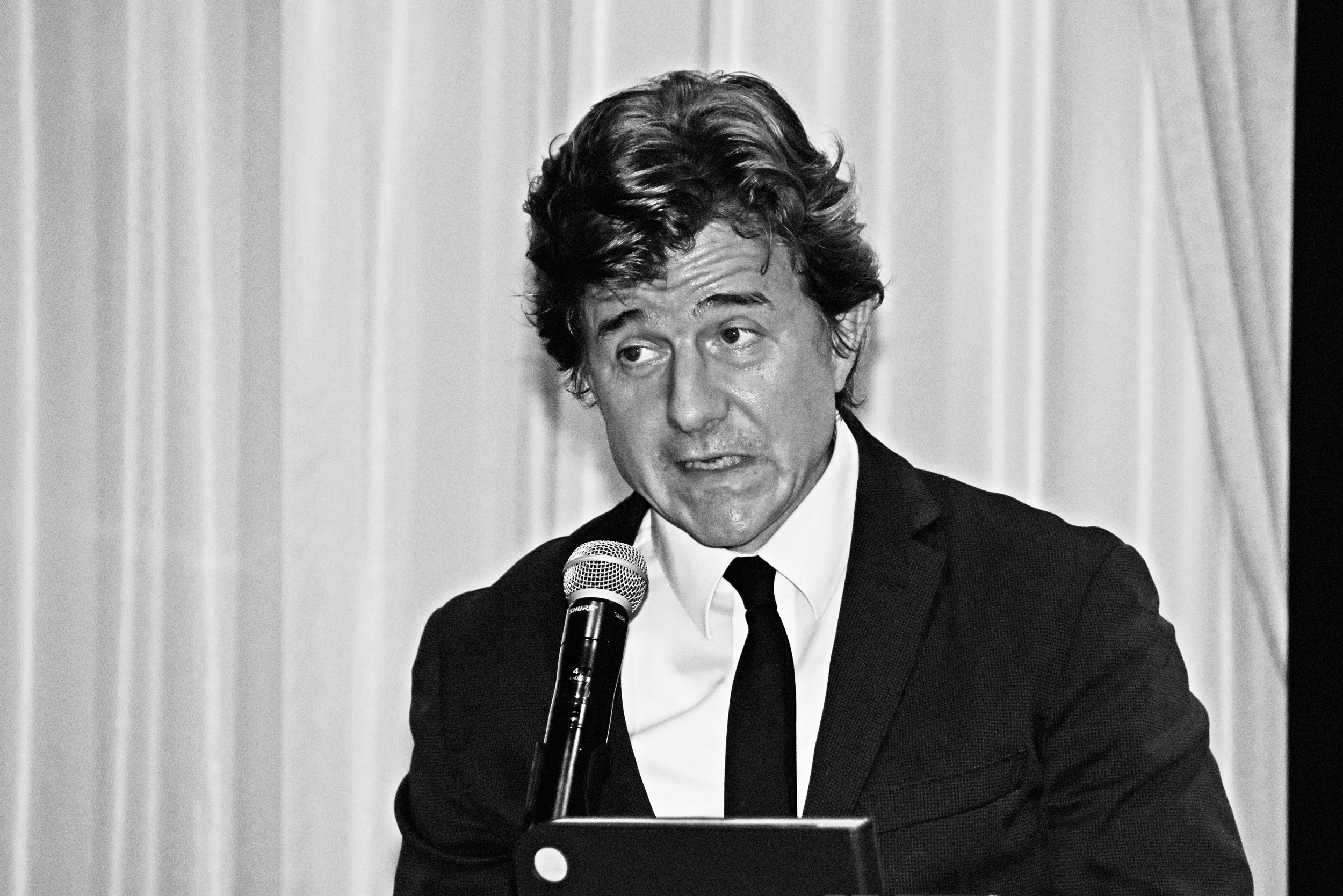
Japan ranks 70th in the latest global media freedom index by Reporters Without Borders. The Japan Award winner, Rodrigue Maillard-Belmonte of NHK Global, was honored for producing programs that deal with challenges faced by the children of refugees in Japan – an issue that attracts very little coverage in the mainstream media.
“Because the Japanese government has not taken into account immigration-related issues these past three decades, there are so many human dramas, especially those of children of immigrants who don’t have visas,” Maillard-Belmonte said.
“From a third-party perspective, what I hope is that Japanese government officials, support groups, and the families can come to the table to discuss these issues and consider a system that is fair and constructive for the country, and for those children and their families.”
The Asia Honorable Mention Award went to the National Union of Journalists of the Philippines [NUJP], where an estimated 100 journalists have been killed since 1992, according to the CPJ. In many cases their killers have not been brought to justice. The NUJP was set up in 1986 to defend press freedom and fight for the rights of journalists and is one of the most active groups in Asia.
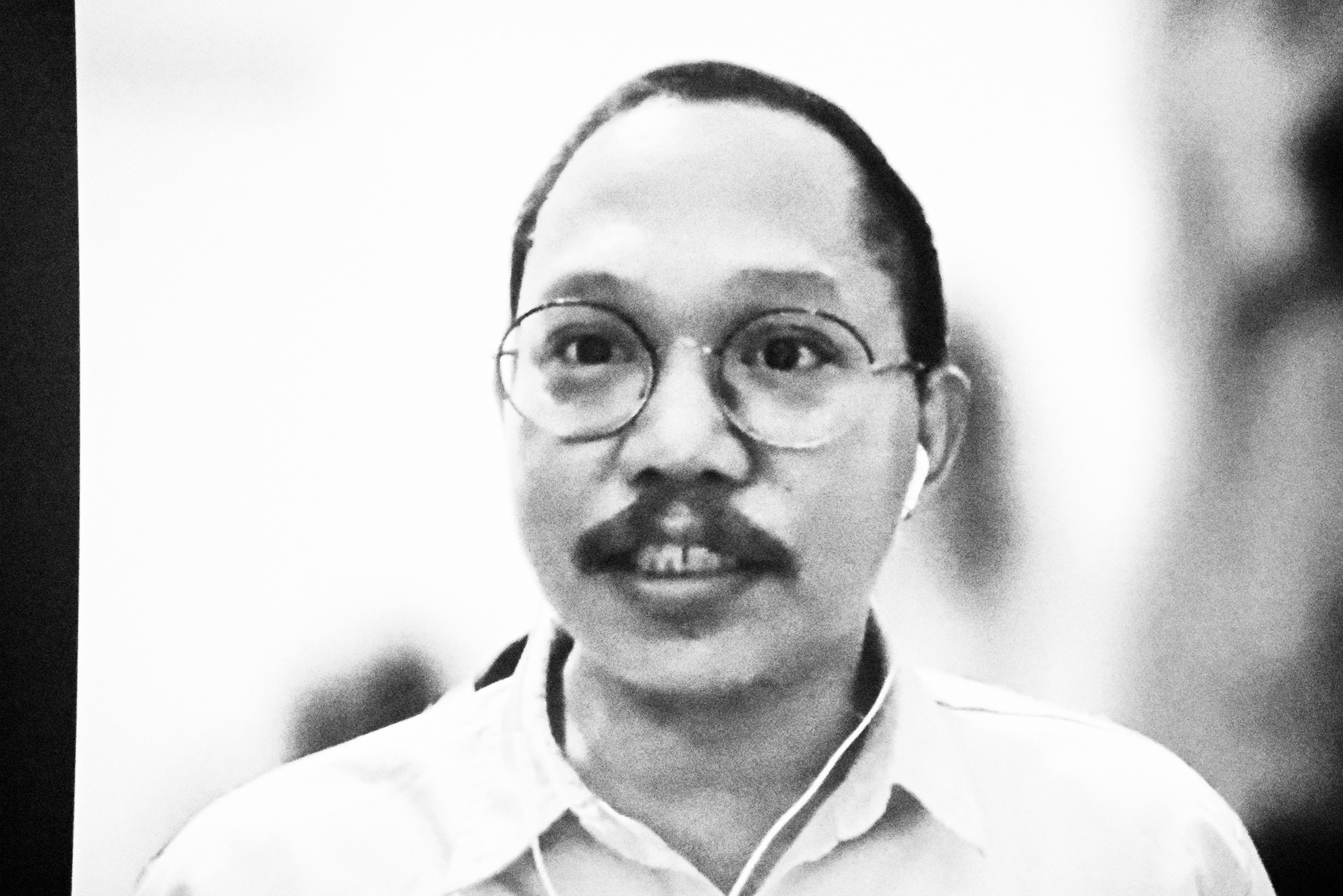
“Since Ferdinand Marcos Jr became president in 2022, the NUJP has documented 139 incidents of attacks on press freedom. These range from online harassment to government surveillance to arrests on trumped up charges and murder. Four journalists have been gunned down during the Marcos administration,” said NUJP chair Jonathan de Santos in accepting the award via Zoom.
One of them, Philippine radio commentator Percival Mabasa, better known as Percy Lapid, was gunned down in October 2022 inside his vehicle by unidentified assailants.
“All news basically opens journalists up to defamation charges. One of the most egregious forms of attacks under that law is ‘red tagging’, or the practice of labelling journalists and media outfits as communists and terrorists. It often translates to other forms of attacks, including physical harm and has been used to justify harassment and arrest,” de Santos added.
The most emotional moment of the night came when Freedom of Press committee co-chair and FCCJ board member Ilgin Yorulmaz announced that the Asia Award was being given to journalists in Gaza.
“As of May 21, 105 journalists and media workers were confirmed dead in or around Gaza. Of those, 100 are Palestinian, two are Israeli and three are Lebanese,” Yorulmaz said.
Quoting CPJ Program Director Carlos Martinez de la Serna, Yorulmaz said that “since the Israel-Gaza War began, journalists have been paying the highest price of their lives to defend our right to the truth. Each time a journalist dies or is injured, we lose a fragment of that truth”.
On May 6, less than three weeks before the awards ceremony, Israel's cabinet unanimously voted to shut down the Israeli operation of the Qatar-based broadcaster Al Jazeera. Israel also seized livestream broadcasting equipment belonging to Associated Press in northern Gaza, only to return it hours later when faced with mounting international pressure, including from the UN and the U.S.-based Foreign Press Association.
Al Jazeera's Gaza bureau chief, Wael Dahdouh, has paid a particularly heavy price, having lost several family members in Israeli airstrikes, including his own son and fellow journalist Hamza al-Dahdouh. In January, he was injured in an Israeli airstrike and went to Qatar for medical treatment. While the FCCJ had hoped he would appear online to accept the award on behalf of all Gaza journalists, Dahdouh was still recovering from his injuries, Yorulmaz said.
In honor of the sacrifices made by Gaza journalists, photographs of those who have been killed were posted on two walls at the entrance to Columbia Journalism School and were shown to FCCJ members at the awards ceremony.
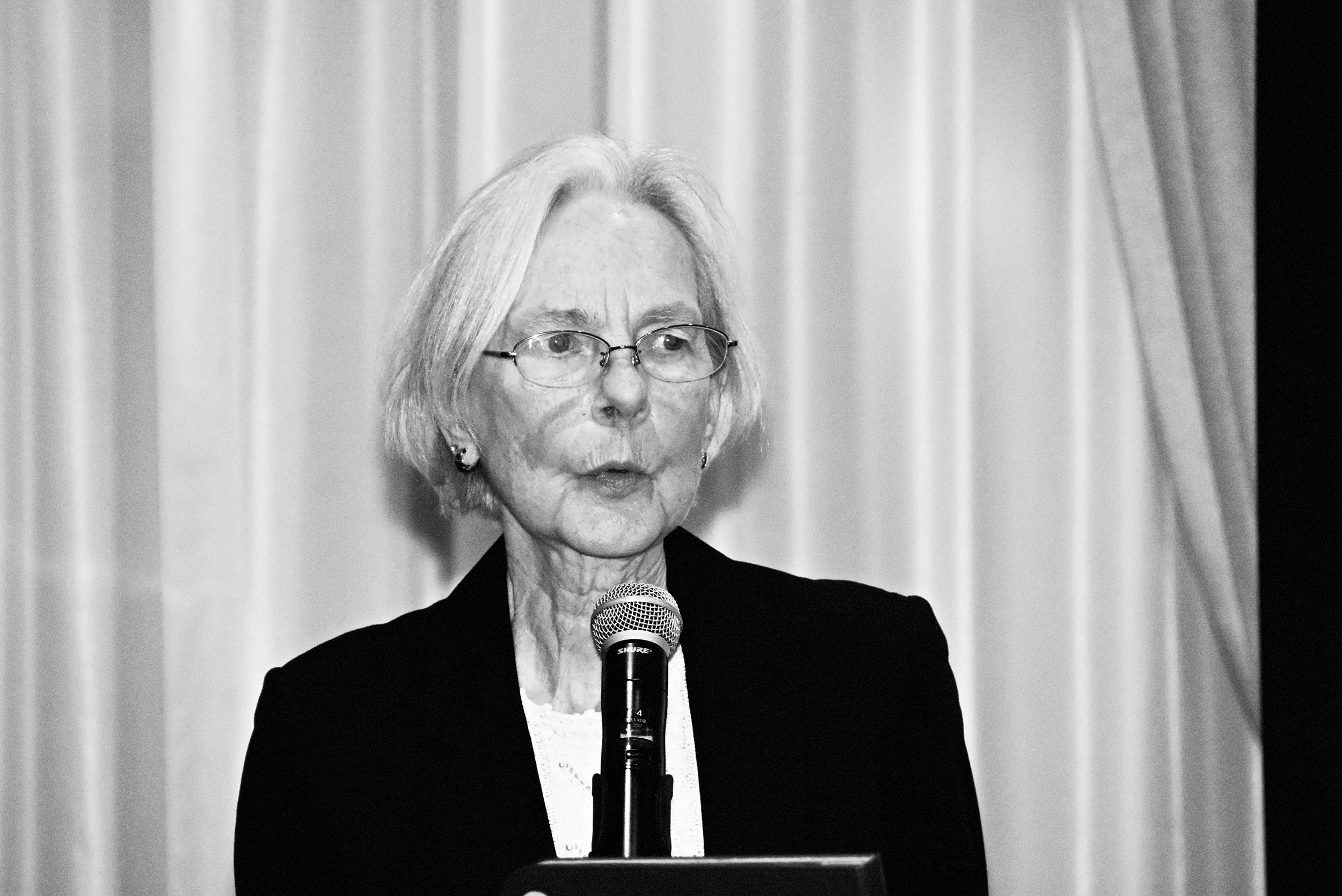
Linda Sieg, a former Reuters correspondent and the daisempai of Japan-based English-language journalists, received a Lifetime Achievement Award. In a world of misinformation, Sieg, who is now a freelance reporter, spoke movingly about what matters most in attempting to get to the truth of a story.
“Freedom from bias is impossible,” she said. “But you do the best you can. Attacks on facts and what is factual are immense threats to freedom and democracy. So, there is probably nothing more important that journalists do than report the facts. The facts, damn it! The facts.”
Eric Johnston is the Senior National Correspondent for the Japan Times. Views expressed within are his own and do not necessarily reflect those of the Japan Times.

